Of all of the things you brainstorm when figuring out how to market your book, one of the biggest challenges authors face is coming up in search engines for your preferred keyword string.
Meaning, if someone hops over to Google and types in: “military romance book” or “how to start a small business” you want to be on page one. Generally, page one of Google is a preferred location, because many of us don’t click beyond that – at most (and depending on how deep down the rabbit hole your consumer is going on research), you might find that being on page 2 of Google is getting you plenty of traffic. But candidly, if you want to hide a dead body bury it on page 3 of Google, because most people don’t surf that deep into Google’s search results.
You might think that the only thing that matters to book sales is Amazon – and that’s not entirely incorrect. Though when I offer authors guidance on how to market your book, I always encourage authors to not overlook their websites. You may want to sell directly to your reader – bypassing Amazon altogether. You can’t do that if you aren’t coming up in a search.
Before we dig into the main points of this easy SEO for authors piece, let me say that I’ve pulled a bunch of links to some great tools in the link section below. So don’t worry about finding these later, they’re all in this blog post.
Ready to get started? Ok, let’s dig in!
What is SEO?
In basic terms, SEO stands for Search Engine Optimization which essentially means you’re doing a bunch of cool stuff Google likes – and if Google likes it, that mammoth search engine will give you higher ranking.
Easy SEO for Authors: Fiction vs. Non-Fiction
As we’ll discover when we dig into keywords – SEO works for everyone, regardless of what you’ve written, it’s just a matter of digging into the true benefits of your book (yes, even for you fiction authors) and meeting your readers’ needs with these keywords. I’ll elaborate more in this later on in this blog post. Just know that SEO matters to everyone and can work regardless of the type of book you’ve written.
Breaking Down SEO
Though SEO seems complex (and it is) there’s a really simple way to break this down. Search engine optimization has changed a lot over the years. Mostly due to unethical practices of “black hat SEO” which essentially means people are tricking the system (or trying to) to gain ranking.
SEO, in its most basic form, are keywords, website headers, ALT tags, and blogging. All of which we’ll cover in this article. You can go much deeper into SEO if you want to, and I’ll post a link to my all-time fav SEO guy in the resources section, but if you’re just starting out, this article will offer you some great basics on SEO and help to drive more search engine traffic to your author website as well as gain higher ranking on Google – and, hopefully, gain more exposure for you and your book!
On-Page and Off-Page SEO
There are two types of SEO – on-page and off-page SEO. On-page SEO is what is going on on your website (which we’re discussing in this blog post) and off-page SEO which are sites linking to your site.
What this means, essentially is that you gain a great SEO benefit from articles or book reviews you get on blogs or other websites, especially if these sites have great SEO. If you’re pitching high quality blogs and websites, these sites are probably doing great in Google. This is why when an author asks if we can have the blogger link to their book on Amazon, instead of their own website, I try to discourage that – because the incoming link has SEO benefits well beyond linking to Amazon. Sure, you might get a sale or two from a link to Amazon, but the conversion on this can be pretty low depending on what your book topic is, etc. But a link to your website allows you to possibly get them to sign up for your newsletter, or subscribe to your blog, which in the long run, having a potential reader’s contact information is much more beneficial for you. How to market your book 101: make sure you can reach your reader directly. Good SEO will help you do that!
Keywords vs. Keyword Strings
For any of you who have sat in one of my Amazon SEO classes, you know that I’m a big fan of keyword strings, rather than singular keywords. Google has done a number of studies on the impact of keyword strings and how the more keywords a consumer types into Google, the closer they are to an actual buy. Which is why when you head on over to Google and type in the term: car, you’ll probably not see any ads pop up for new or used cars. Google knows you may be looking for images or other car-related factoids. But if you pop over to Google and type in: 2019 Subaru Forester, you’ll start to see ads for this particular car everywhere. Why? Because research shows that the more keywords a consumer uses, the closer they are to a buy.
In the next piece, I’m discussing keywords in particular, just know that I’m always a fan of using longer strings (even if it’s just two words) rather than singular keywords. Also, singular keywords are not a focused way to optimize your website. Do you really want to come up for anything related to “depression” for example, or would you rather come up with something related to depression that’s much more focused on your area of expertise? Also, keep in mind that ranking for a singular keyword is a very, very hard climb up the Google search rank. Your time is better spent elsewhere. I know that keywords can seem complex, but in keeping this piece easy – hence the title: Easy SEO for Authors – I’ll break this down in a simple and easy-to-implement fashion so you can begin implementing this today!
How to Market your Book using the Right Keywords
Good keywords are always a challenge for authors. Sometimes you just don’t know what keywords to use, and other times there are so many potential keywords for your topic, you just aren’t sure where to start. I’ll break down a few options for you here to get you started.
Let me start by saying this: whatever keywords you have in your head, you’re probably wrong. Why? Because we’re too close to our own topic and we are often out of touch with what the reader needs. So where do you start? Well, starting is easy, what will be difficult is narrowing your keyword choices down to just a handful, because as you begin doing this research, you’ll quickly find that the possibilities for great keywords is endless.
Let’s start with a little tool I love so much: Keywords Everywhere. This tool will show you real time data of how much any particular keyword is being searched on Google. Let’s show you an example.
First off, to use Keywords Everywhere you have to install it on Chrome or another browser. I like using the Chrome extension because it seems the most stable. When you do, it’ll pop up search volume for any keyword string you type in:
As you can see from the above screengrab, romance novel is getting some good search, as is romance books. So these might be keyword strings you want to focus on. Digging a bit deeper and actually pulling up a search result, you’ll see these keyword breakdowns once you install the Keywords Everywhere plugin:
What’s interesting about the above is that even though this blog was written in July, the height of summer, Christmas novels and Best Christmas romance movies far outrank Summer Holiday Romance Books. This is probably why, starting in July, Hallmark begins rolling out their Christmas romance movies.
Once you decide on the keywords strings you’re going to use, plug them into Google and check out the top search ranks, to get more ideas on keywords you could use for your website and/or your blog posts (which we’ll discuss in a minute). In this case, I searched “repair your credit” and look what pops up – pay attention to the first line, but also the bolded words showing up in the SERP results (search engine results page):
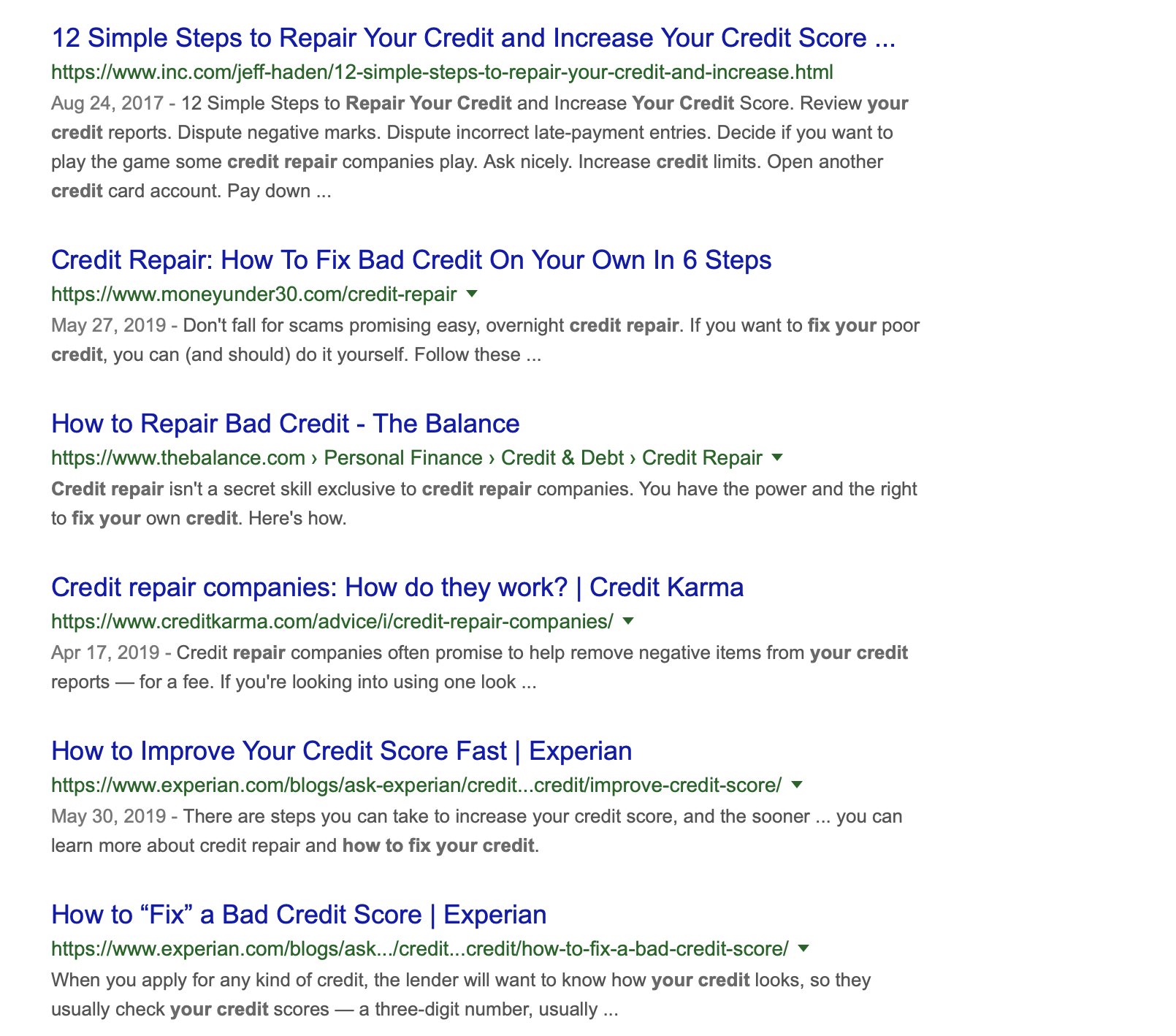
Both these titles and the bolded words are good indicators of keywords you’ll need to use on your website to gain better traction in search results.
Now let’s look at this for a fiction author:
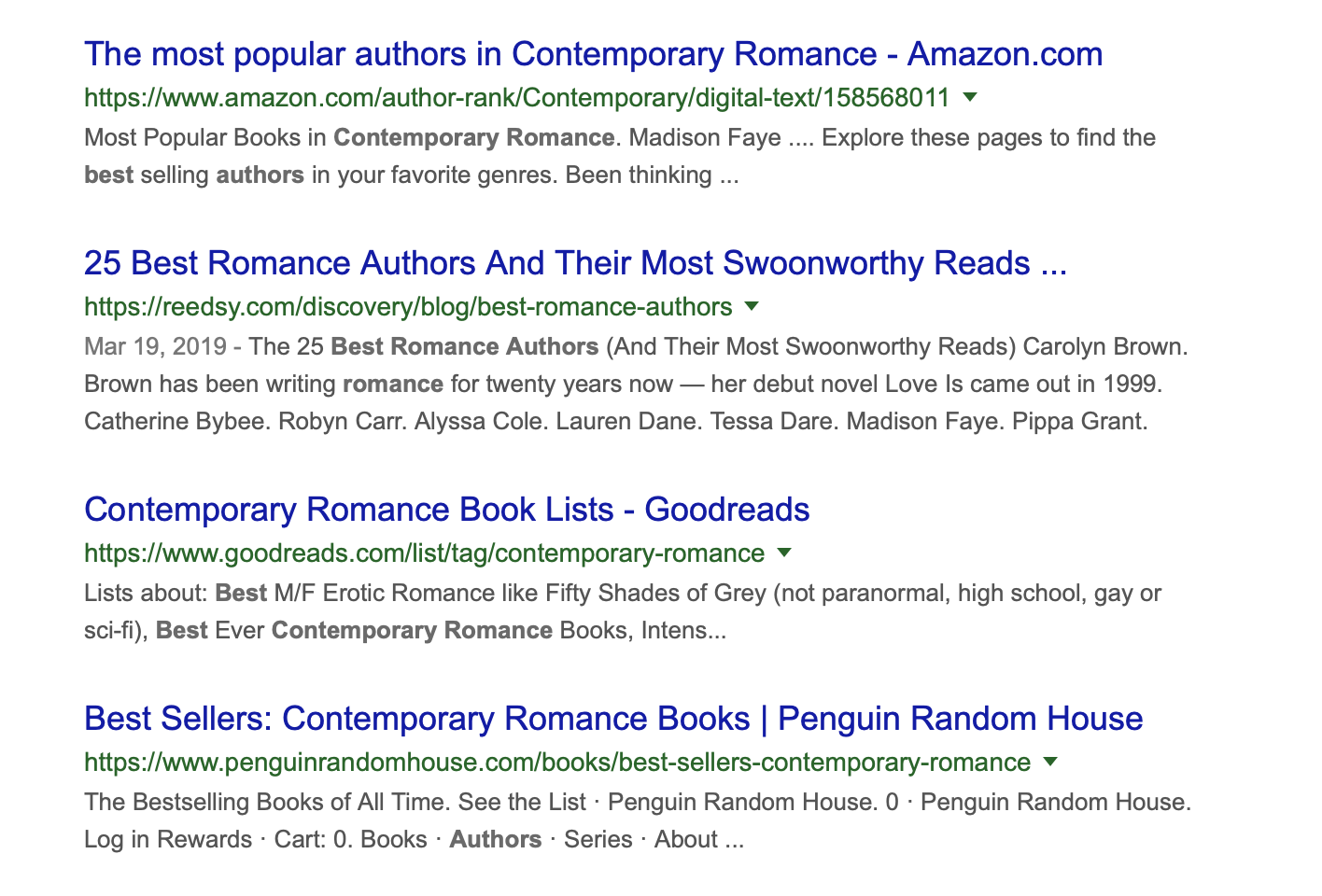
You’ll see some great uses of the term “romance author” which is what I searched on. Then there’s the specific author websites, have a look:


What this means is that in order to gain ranking for this specific keyword string, you need to have it on your website – we’ll discuss where to use it in a minute.
There are a bunch of other ways to search for keywords. Google Adwords is another great tool (we’ll discuss that in a minute, too) but for now (and to keep this simple, as the title promised!) let’s just focus on these two methods.
Title Tags AKA Website Headers
In a very simplified way, these are your page names or titles (in fact they used to be called page names). Your Title Tags should reflect your keyword strings – and these are the keyword strings you’ll find via the process outlined above. At its most basic, your webpages are “named” by giving them a page title and each webpage can and may have a different title. So use your most important keyword strings on these page titles. Why? Because though there’s some varied opinions on the effectiveness of page titles, I’ve always seen great results when I’ve changed these up. In some cases I’ve been able to drag a website from page 3 or 5 on Google all the way up to page one by simply changing the page titles. In some cases I used simple terms like: book marketing or author marketing, in other cases I’d use How to market your book – which is longer, but equally effective, so don’t shy away from longer strings if those keywords seem to get a lot of searches.
SEO and website experts refer to this specifically as a Title Tag, which shows up in Google search results. Some website folks may ask you for an H1 tag and while important, it doesn’t push the search juice the way a good Title Tag does.
Good SEO practices suggest that each Title Tag should match what’s on the actual webpage it represents. This makes sense, for a few reasons. Firstly, Google is pretty particular about keywords matching the content of the website – and this is a real thing, meaning that while Google may not write you directly and tell you to change up your keywords, they’ll penalize you in other ways – like sink your site in search engine results. The other reason is pretty basic actually: you don’t want to deceive your consumer. Don’t use a Title Tag of “bestselling author” if that’s not a distinction you’ve achieved. So while keywords that are specific to your area of expertise and/or genre are great, and even encouraged – don’t go too far down the rabbit hole with this and use keywords that could potentially anger your readers or the Google gods.
Smart Blogging aka A Quick Shortcut to Easy SEO for Authors
Blogging is a very solid way to build traffic to your website and help you gain visibility within your desired search term. Though often when I mention blogging, authors immediately leap to: I have no time for that. And I get it, but it’s a strategy that will help you in tremendous ways. And blogging isn’t what it used to be – meaning what Google considers a good consistency of blogging has changed. So let’s look at some ways to do this smartly, and with the least amount of effort.
First off, blogging doesn’t have to be done daily, weekly, or even bi-weekly. If you post long-form content, you can easily do one blog a month. Why? Because Google is looking for substance over frequency. Sure, you can post a blog a day, but if your substance isn’t there – if it’s not what your reader is looking for, it won’t help you increase your search visibility at all.
We used to blog three times a week – and now we only post twice a week. And let me tell you, that because we’re very zeroed in on our keyword strings, and using them in a way that makes Google stand up and take notice – dropping to twice a week hasn’t impacted our traffic at all. In fact, it’s gone up.
Our posts aren’t always long, either. This one is, because by nature of this content it needed to be. But often our posts are 800-1,000 words. Yours could be less. They key is to be topical. Make it interesting to your readers. Make them want to come back for more.
Let’s look at some examples:
- If you write about self-sabotage, for example, you might create blog posts that tie into a particular time of year. For example, sabotaging your diet as we near Halloween – when many diets go out the window. Or you could tie in a sabotage topic around holiday shopping and staying on budget, keeping your money goals in check when it’s so easy to let them fly out the window with all the attractive Black Friday sales.
- If you write fiction, consider expanding on themes from your book. We worked with a mystery author who wrote a series featuring a detective protagonist and on his blog, this author solved a mini-mystery once a month. This kept his readers engaged in the lead character, too!
- For romance authors, you could feature snippets from the book – or talk about some of the places your characters visit. For example, in one instance, an author we worked with blogged recipes from the various cafes and restaurants featured in her book. She sprinkled in other stuff, too. Character behind-the-scenes, deleted stuff that never made it into the final book, etc.
Your first goal will be to find the keywords as I suggested earlier on in this piece and, from there, develop blog posts around these keywords – and/or use them in your blog. So, for example, if you’re a fiction author your blog doesn’t have to be focused on “Christmas romance” per se, but it should have the keywords in it.
To keep it simple, I suggest finding a primary keyword string and then secondary string you can use. Once you have these, it’s good to use your keywords in the title of the blog post and for sure in the first fifty words of the post. Generally, I try to shoot for incorporating the primary keyword string every 50-75 words. This isn’t always easy – but it’s really helpful to gain more traction and visibility for your individual pieces.
Using Google Adwords
At this point, you might say, “Well, couldn’t I just run a Google Adwords campaign and drive traffic that way?” My answer is: yes, you absolutely can, but you may not want to. First off, Adwords can get pricey and many keywords – the most popular ones – aren’t cheap. Romance novel, for example, could run you $6 a click if not more. And keep in mind that if your ads aren’t doing their job – meaning they aren’t written well – you could wind up with a bunch of unqualified traffic not even interested in your book or business.
We did them for a while and then dropped them, focusing exclusively on many of the SEO tactics suggested here and we have seen no decline in traffic whatsoever. So, the message here is proceed with caution. Adwords works well if you’re pushing consumers to one specific thing, like an event you’re doing, for example. But if you’re looking to invest in Adwords for a book marketing launch, you’ll need to earmark several thousand dollars, and more, for a launch budget. You can run campaigns with minimal investments, but they tend not to work very well since the whole goal of Adwords is to outbid the other person trying to sell the same thing you are. The person with the best ads and biggest budget wins.
Resources and Downloads
Monthly Book Marketing Planner
Please use the social share buttons below if you learned something from this post – your shares really help educate other authors, which raises the bar for publishing and gets more books in readers hands!

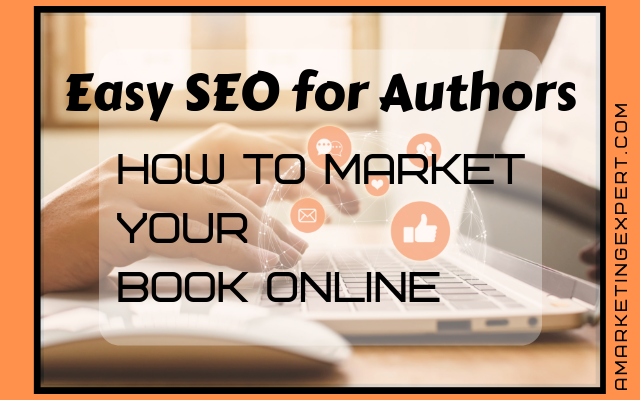
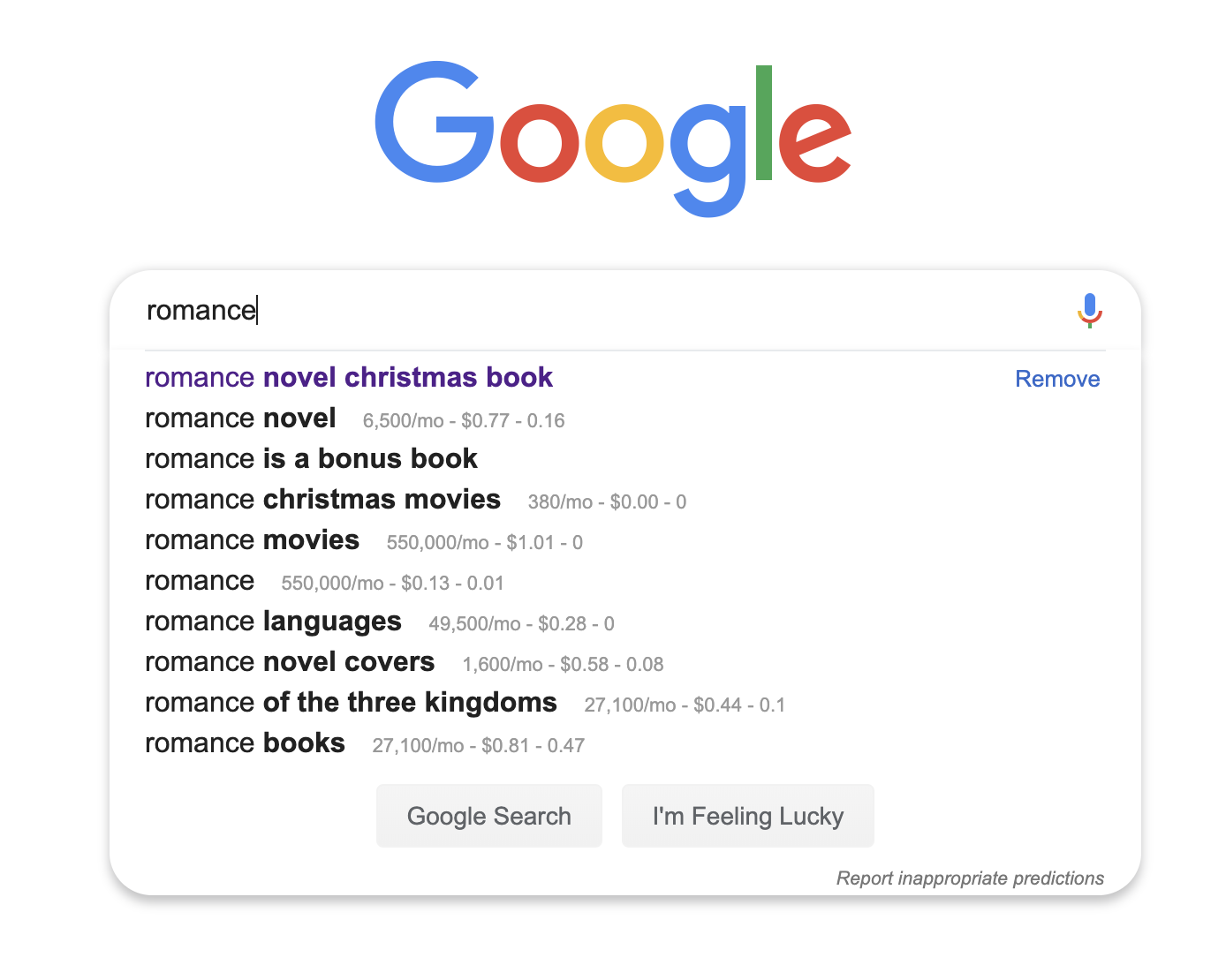
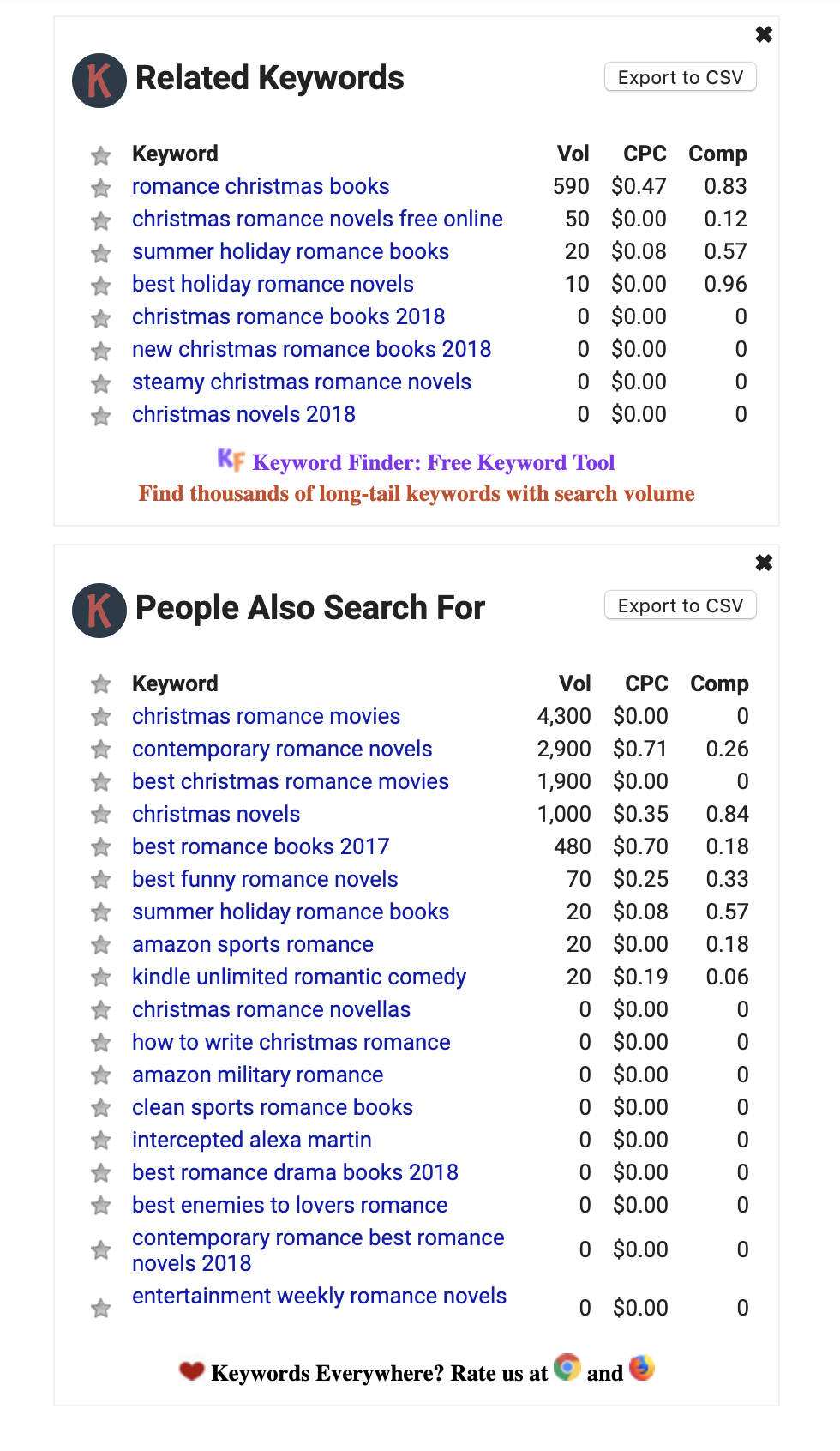
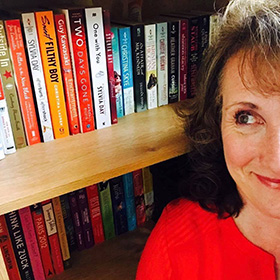
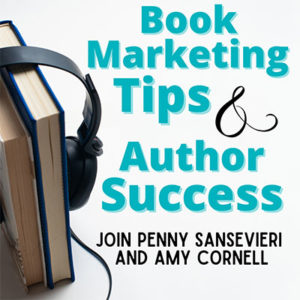
Excellent explanation, It’s simple and focuses. Keep up the great work!
Thank you so much! I’m glad you found it helpful.
Great piece, thanks. I’m looking at a basic book marketing strategy and this brought lots of things together for me.
looking for a place to publish my book
Hi there, Curtis, making the decision and finding a place to publish your book is a big decision. Go ahead and reach out; I’m happy to help authors along with their books. Good luck!
Thank you for sharing this wonderful article. I am looking for utilizing SEO for my book. This gave me confidence, I think I can do it by myself now.
Good for you–I’m happy to hear this! Keep up your work and reach out if you need other marketing and SEO tips.